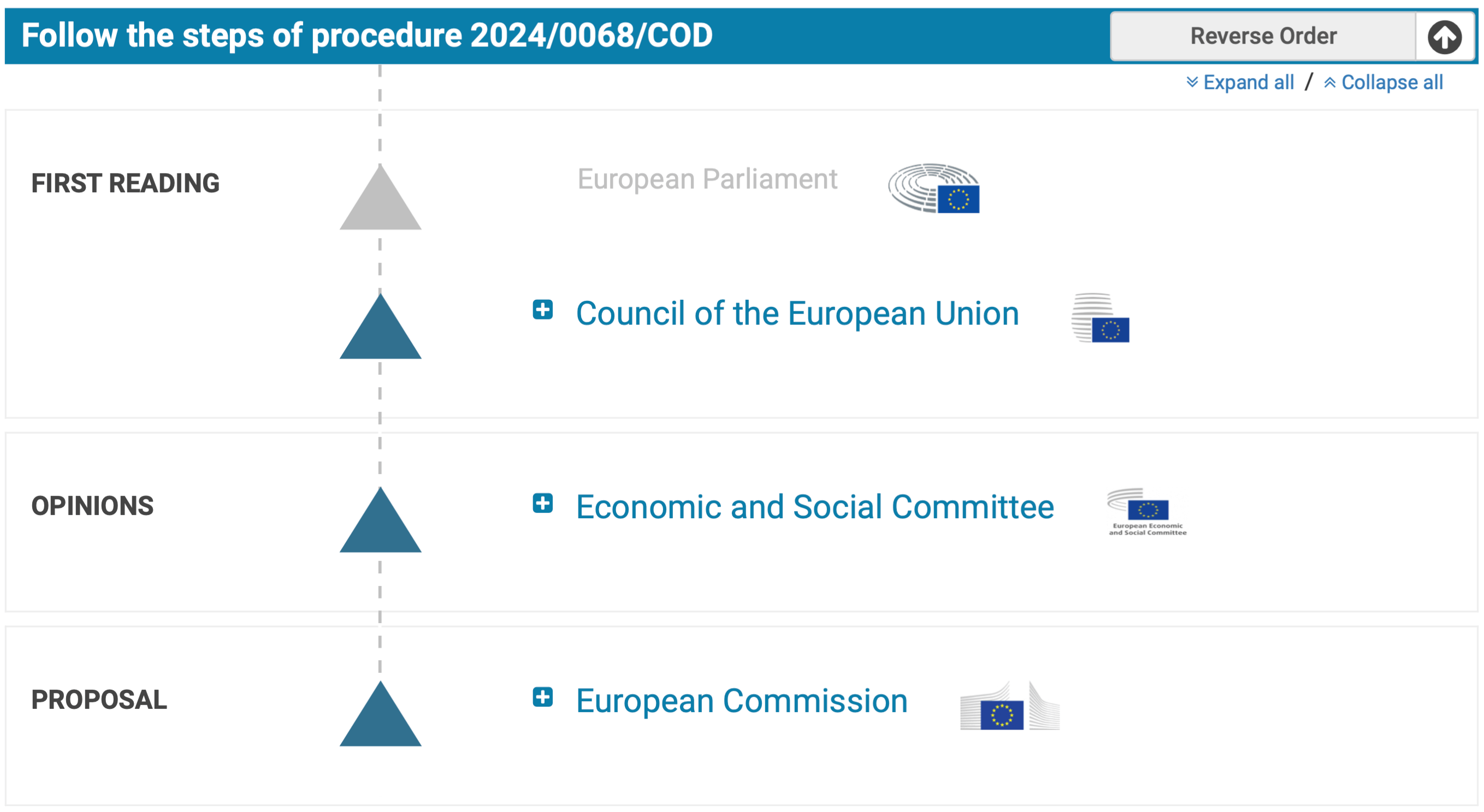Towards better quality of internships in Europe: a directive in preparation
The European Commission has presented a proposal for a directive aimed at improving the working conditions of interns in the European Union.
This initiative, which complements the revision of the 2014 Recommendation on a quality framework for traineeships, seeks to standardize and strengthen the rights of trainees across Member States. The initiative was shared by our member organization in France, CFE-CGC, via their website.
CFE-CGC supports the adoption of a European directive in order to build a common base of rights for trainees. Currently, there are an estimated 3.1 million interns in the EU, but only 1.6 million of them are paid.
The dysfunctions and inequalities between countries, and even between establishments within the same country, show the limits of the existing legal framework. Insufficient protection, unequal access to internships and the diversity of national legal regimes are all problems to be resolved.
Only 1.6 million interns in the EU receive remuneration

A guideline for quality internships
The European Commission‘s proposal introduces measures to combat abuse, notably those aimed at using internships to fill permanent positions. Among the new obligations, employers will have to provide detailed information on the number, duration and working conditions of internships.
These measures are crucial in the face of abusive practices that are still frequent, such as internships lasting more than 6 months, which concern 11% of trainees.
The French Management Confederation – Confédération Générale des Cadres (CFE-CGC) supports this initiative, emphasizing that limiting the maximum duration of internships to 6 months is essential to guarantee a quality learning experience.
A period of 6 months allows interns to integrate, carry out substantial missions and acquire significant skills.
Equal treatment and non-discrimination
The directive also intends to reaffirm the principle of non-discrimination and equal treatment, already applicable to employees on fixed-term contracts.
Interns must be treated equally with other employees in the organization, while differences justified by objective reasons, such as internship-specific tasks and responsibilities, must be allowed.
However, the question of remuneration remains a delicate point. The EU Commission, limited by the powers assigned to it, cannot impose a level of remuneration.
However, it could establish qualitative criteria to guide Member States in defining decent minimum pay levels, drawing inspiration from the Directive on Adequate Minimum Wages in the EU.
Increased protection of trainees
The proposal also includes measures to improve the protection of trainees, by allowing worker representatives to support them in legal or administrative procedures to defend their rights. This point is crucial, given the vulnerability of trainees. The CFE-CGC, through CEC European Managers, strongly advocated for this provision during discussions with European social partners.
A current calendar
Examination of this proposed directive continues within the Council of the EU and the European Parliament. The newly elected Parliament will work on this text to achieve adoption, which could transform the experience of internships in Europe.

You can find more information here [+]
As a recognised social partner of the European Commission, CEC European Managers was consulted in 2023 about this issue [+].




